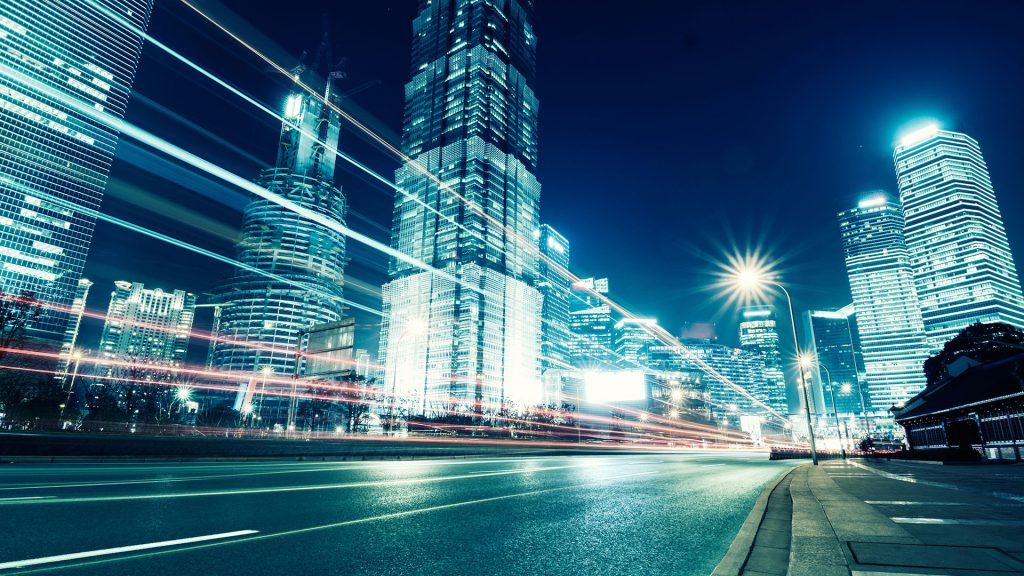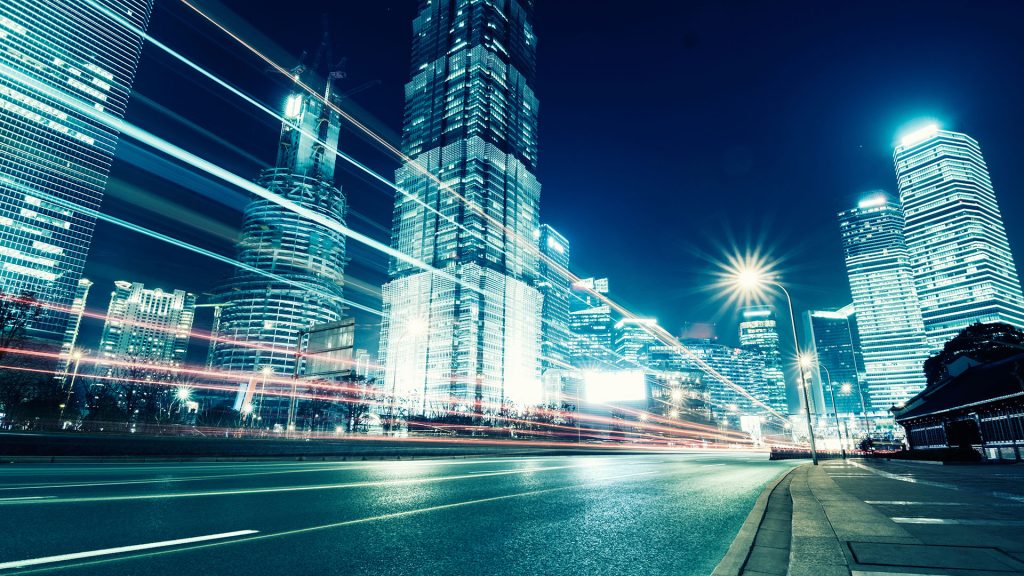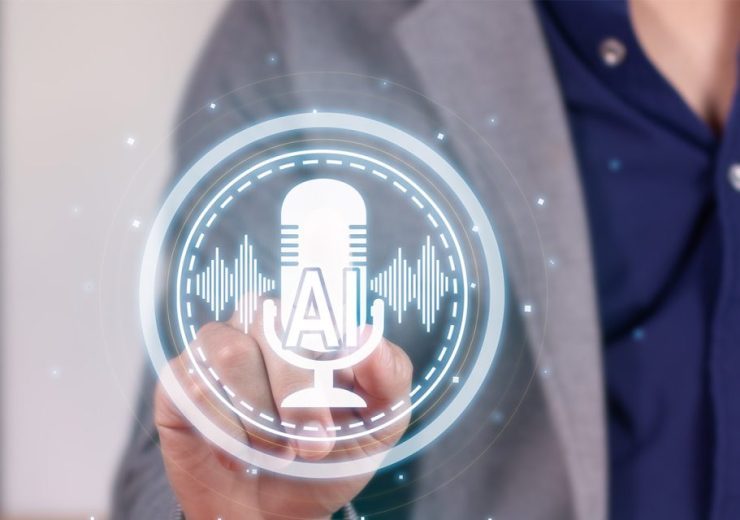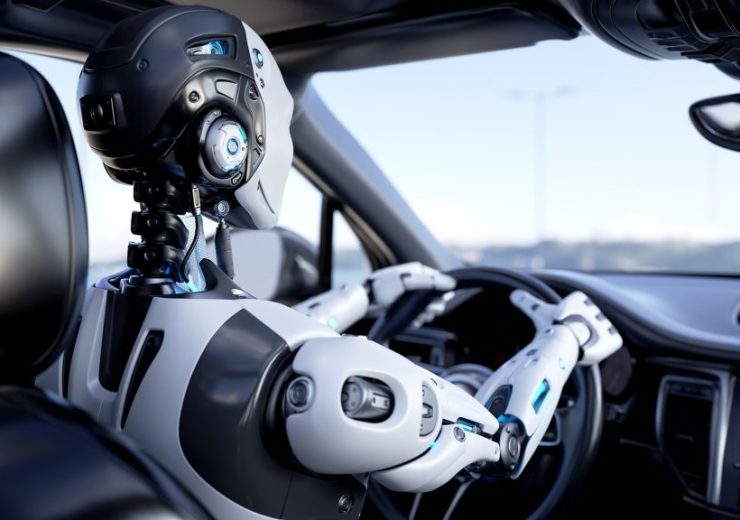Explore AI’s Role in Smart City Infrastructure


As the world urbanizes at an unprecedented rate, cities face the challenge of accommodating growing populations while ensuring sustainability, efficiency, and quality of life. Enter Artificial Intelligence (AI), a transformative technology poised to revolutionize urban living. From enhancing public services to optimizing resource management, AI is at the forefront of creating smarter, more connected cities. In this blog post, we’ll explore the pivotal role AI plays in smart city infrastructure and its potential to shape the future of urban environments.
Enhancing Public Services
One of the most significant impacts of AI on smart city infrastructure is the enhancement of public services. AI-driven solutions can streamline and improve various aspects of city management, including:
Traffic Management
AI algorithms analyze real-time traffic data to optimize traffic flow, reduce congestion, and minimize travel time. For instance, AI-powered traffic lights can adapt to current traffic conditions, prioritizing emergency vehicles and reducing the likelihood of accidents. Cities like Singapore and Barcelona have successfully implemented such systems, resulting in smoother traffic and reduced emissions.
Waste Management
AI can revolutionize waste management by predicting waste generation patterns and optimizing collection routes. Smart bins equipped with sensors notify waste management services when they need emptying, reducing unnecessary collections and saving resources. This leads to cleaner cities and more efficient use of public funds.
Public Safety
AI enhances public safety through predictive policing and surveillance. By analyzing historical crime data, AI can identify high-risk areas and optimize police patrols, preventing crimes before they occur. Additionally, AI-powered surveillance systems can detect unusual activities and alert authorities in real time, ensuring a quicker response to potential threats.
Optimizing Resource Management
Efficient resource management is crucial for the sustainability of smart cities. AI helps optimize the use of resources such as energy, water, and public spaces.
Energy Management
AI-driven energy management systems can monitor and analyze energy consumption patterns, enabling cities to optimize energy distribution and reduce wastage. Smart grids, powered by AI, balance energy supply and demand in real-time, integrating renewable energy sources and minimizing power outages. Cities like Amsterdam and San Francisco are pioneers in adopting AI for smarter energy management.
Water Management
AI plays a critical role in managing water resources by predicting demand, detecting leaks, and ensuring efficient distribution. AI algorithms analyze data from sensors placed in water distribution systems, identifying leaks and bursts before they cause significant damage. This proactive approach saves water and reduces maintenance costs.
Public Space Utilization
AI helps cities make the most of their public spaces. By analyzing data from various sources, such as social media and foot traffic sensors, AI can identify underutilized areas and suggest improvements. This ensures that public spaces are effectively utilized, enhancing the quality of urban life.
Smart Building and Infrastructure
AI is instrumental in creating smart buildings and infrastructure that contribute to the overall intelligence of a city.
Smart Buildings
AI-powered building management systems optimize energy usage, improve security, and enhance occupant comfort. For example, AI can adjust lighting and HVAC systems based on occupancy and weather conditions, reducing energy consumption. Smart buildings are not only more efficient but also provide a better living and working environment.
Predictive Maintenance
AI-driven predictive maintenance ensures that infrastructure, such as bridges and roads, is kept in optimal condition. By analyzing data from sensors embedded in infrastructure, AI can predict when maintenance is needed, preventing costly breakdowns and ensuring public safety.
Real-Life Examples of AI in Smart Cities
- Singapore’s Smart Traffic Management System – Singapore uses AI to manage traffic flow and reduce congestion. AI-powered traffic lights adapt to real-time traffic conditions. Learn More
- Barcelona’s Urban Mobility Plan – Barcelona employs AI to optimize public transportation routes and manage traffic. Learn More
- Los Angeles Predictive Policing – LAPD uses AI to analyze crime data and predict high-risk areas, optimizing patrols. Learn More
- Amsterdam Smart Grid – Amsterdam integrates AI to balance energy supply and demand, incorporating renewable energy sources. Learn More
- San Francisco’s AI Water Management – San Francisco utilizes AI to detect leaks and optimize water distribution. Learn More
- Copenhagen Smart Waste Management – Copenhagen’s AI-powered waste management system predicts waste generation and optimizes collection routes. Learn More
- Dubai’s AI Surveillance – Dubai uses AI for city-wide surveillance, enhancing public safety by detecting unusual activities. Learn More
- London’s Smart Building Initiative – London’s AI-driven building management systems optimize energy usage and improve occupant comfort. Learn More
- Hong Kong Predictive Maintenance – Hong Kong uses AI to monitor infrastructure and predict maintenance needs, ensuring safety and reducing costs. Learn More
- Toronto’s Public Space Utilization – Toronto employs AI to analyze foot traffic and social media data to optimize public space usage. Learn More
At TGI, we are at the forefront of this transformation, leveraging AI to build smarter, more sustainable cities. Our expertise in AI and smart city solutions helps municipalities worldwide create intelligent urban environments that improve the quality of life for residents. If you are looking for a similar project, TGI’s experience with AI and ML can help you achieve it. Visit our homepage to learn more.



